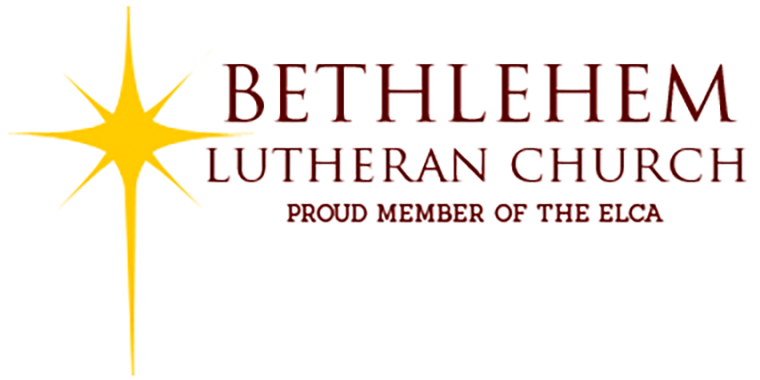
I know that the story of the Good Samaritan is a popular one among Christians, but it is one that I have always loved. The reason I love it so much is because I think it absolutely and fantastically speaks to our human condition no matter what age we are or century we live in.
If you want to familiarize yourself with the story, take a look at Luke 10:25-37.
My favorite part of the story is not the ending, though that is a good part because it helps us to understand the whole parable…and we’ll get to that in a minute. No, my favorite part is the lawyer trying to force Jesus into giving a narrow answer of who is and who isn’t a neighbor. Can’t you just hear the tone of voice the lawyer is using when he asks, “And who is my neighbor?”
There are so many times when we want to narrowly define things, especially when it pertains to things we have to do and don’t have to do. If I can define what is inbounds and what is out-of-bounds, then it makes life simpler. If my neighbor is simply those who look, act, talk, and dress like me then I have no problem loving my neighbor as myself. I’ve got that down just fine.
The problem occurs when Jesus broadly defines who my neighbor is and what my neighbor looks like, acts, like and dresses like. Especially if the person Jesus says is my neighbor is someone or a group of people society defines as an outsider or an “other”.
That is exactly what Jesus does. He declares the Samaritan to be that person. And at the same time, he makes it so much worse (better). The Samaritan is the neighbor to the Jewish person. The parable might have been radical enough had Jesus said that a Jewish person took care of a Samaritan. Jesus would have been defining neighbor as even people we don’t agree with. But Jesus goes beyond that and says that even a Samaritan can be a neighbor to a Jewish person, not the other way around.
Which leads me to my point, question, food for thought. As we continue to make our way through (hopefully to the other side) of the pandemic. Who is Bethlehem’s neighbors? Who are we called to reach out to and demonstrate mercy toward? Could it be the physical neighborhoods around us? Is it perhaps the schools that share the same street as us? Or are we being called to serve other groups that need to hear stories of mercy?
I invite you to think about our neighbors. Who they are and how we can serve them? How we can show them mercy. Perhaps we can surprise them just as the lawyer was surprised and probably hesitant to say that it was a Samaritan who was both neighbor and merciful.
Let’s reach out to our “neighbors” together to show people that Bethlehem is a place to share God’s love and grace (and mercy).
Blessings,
Pastor Brian

